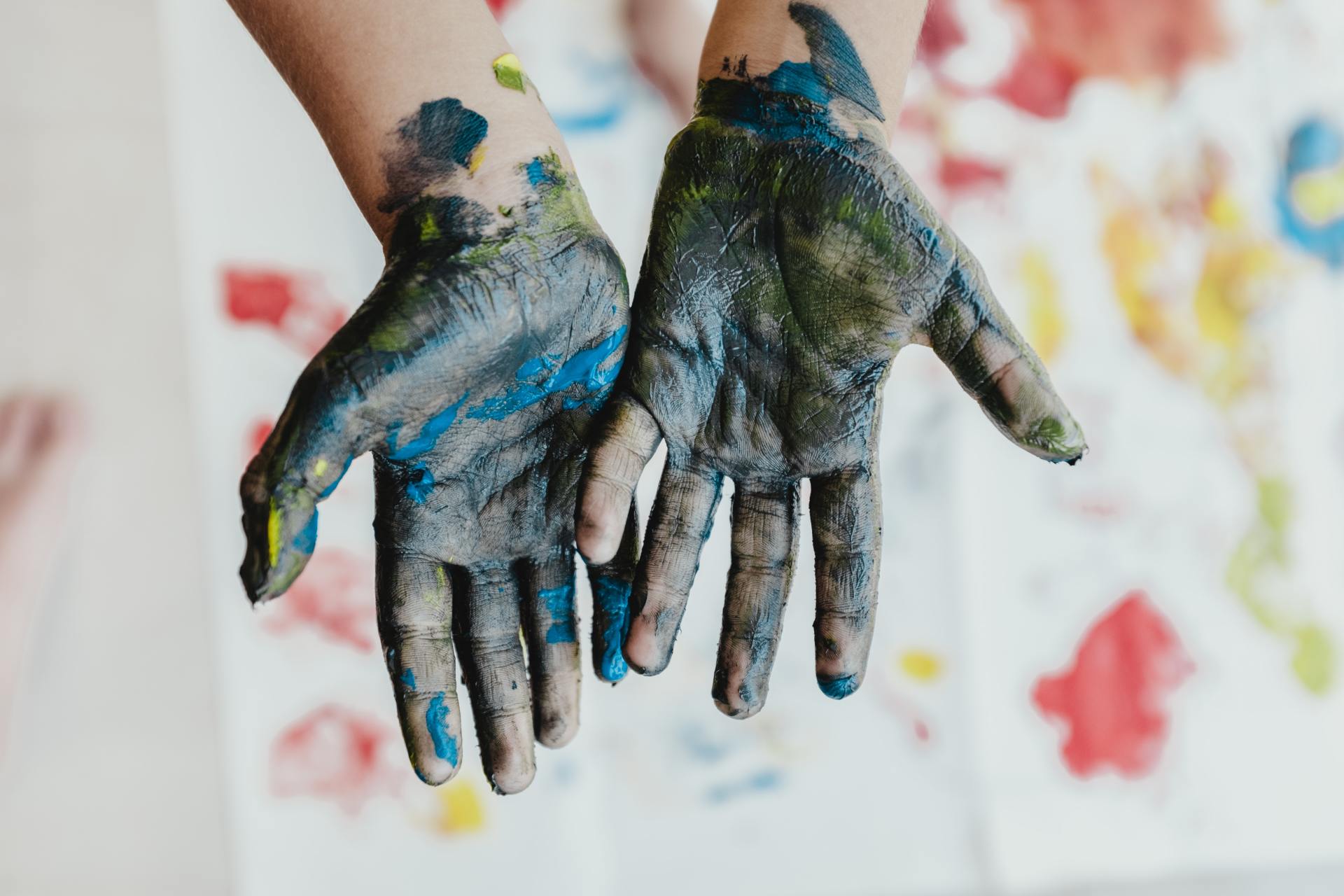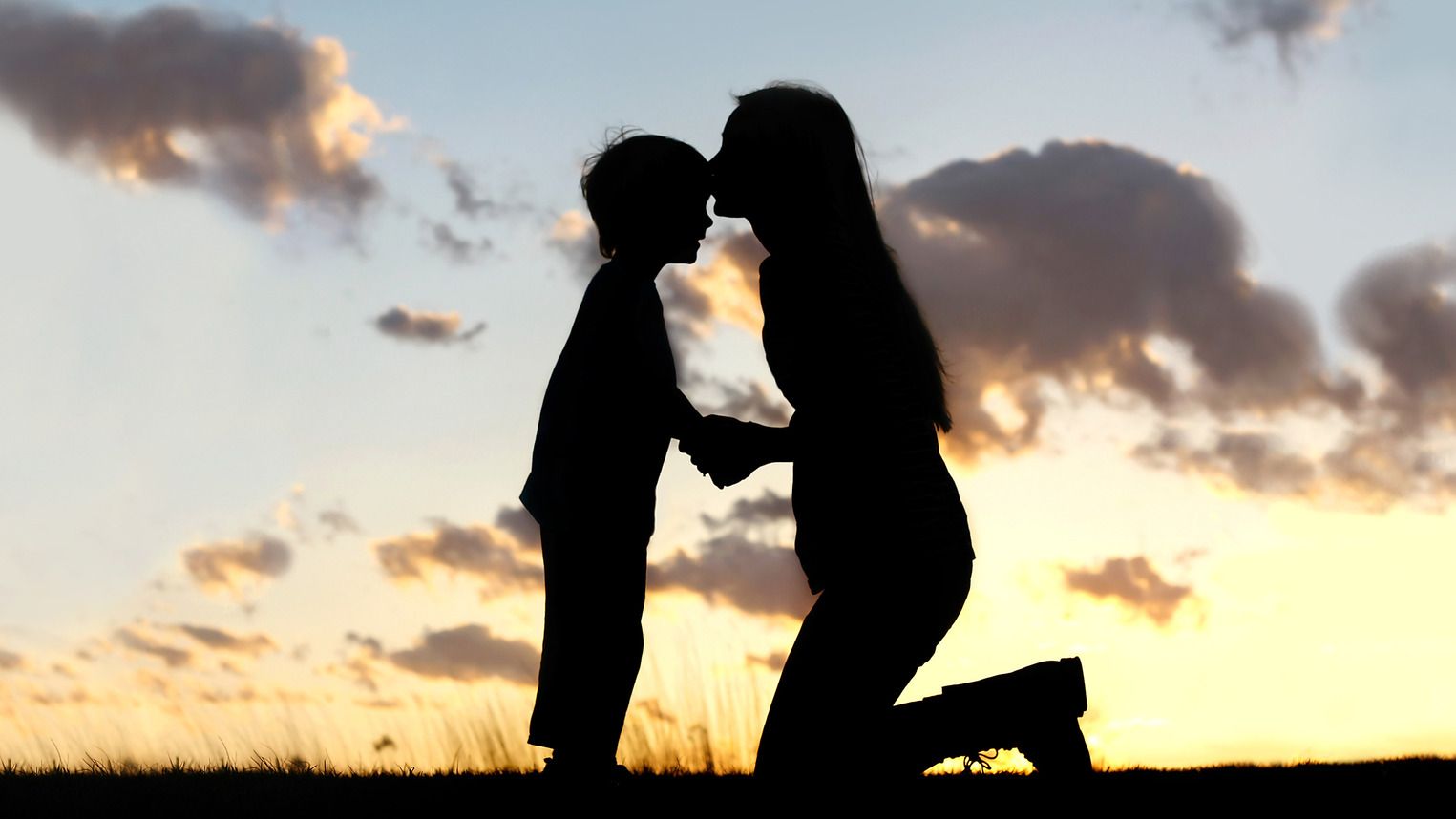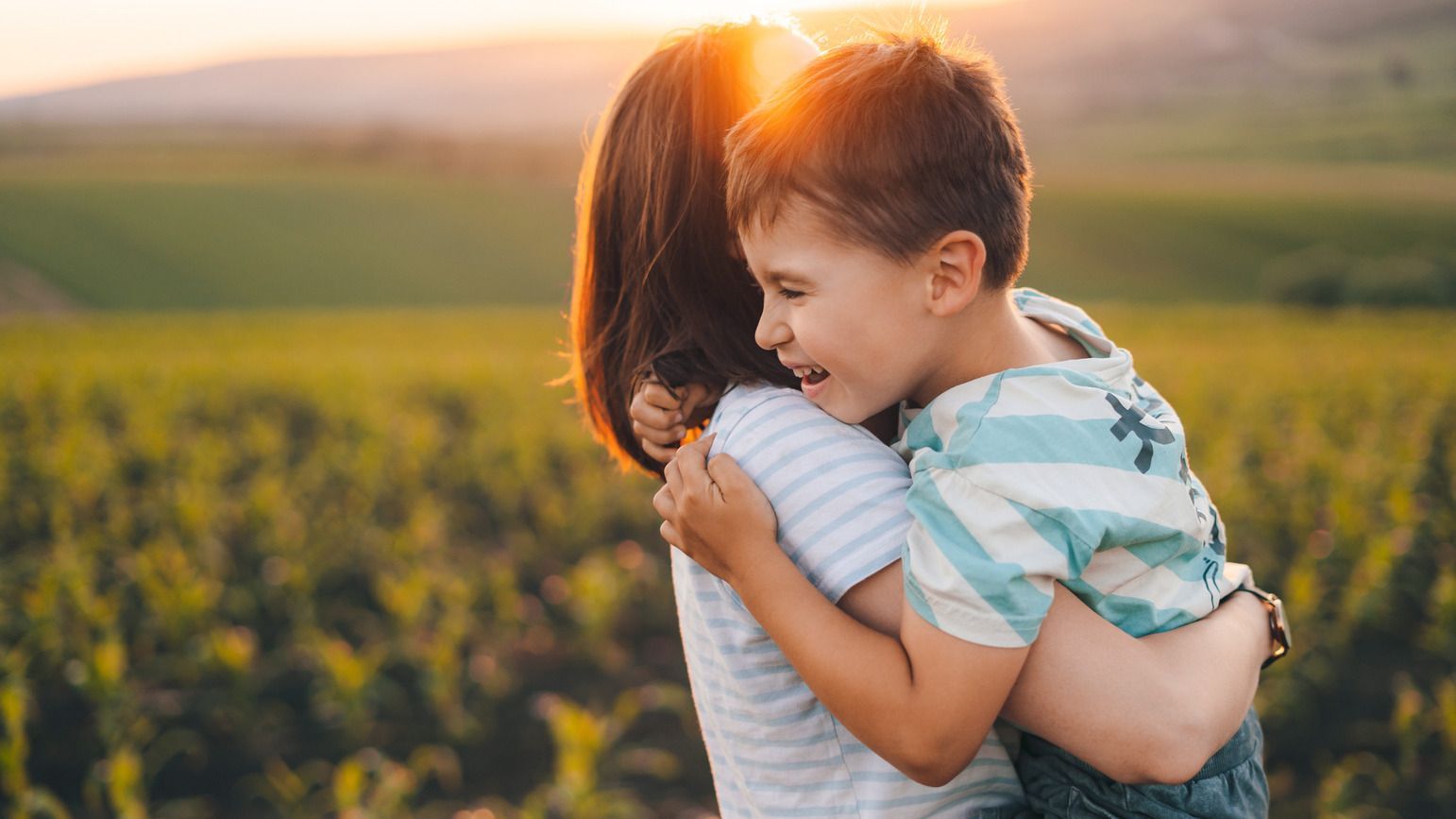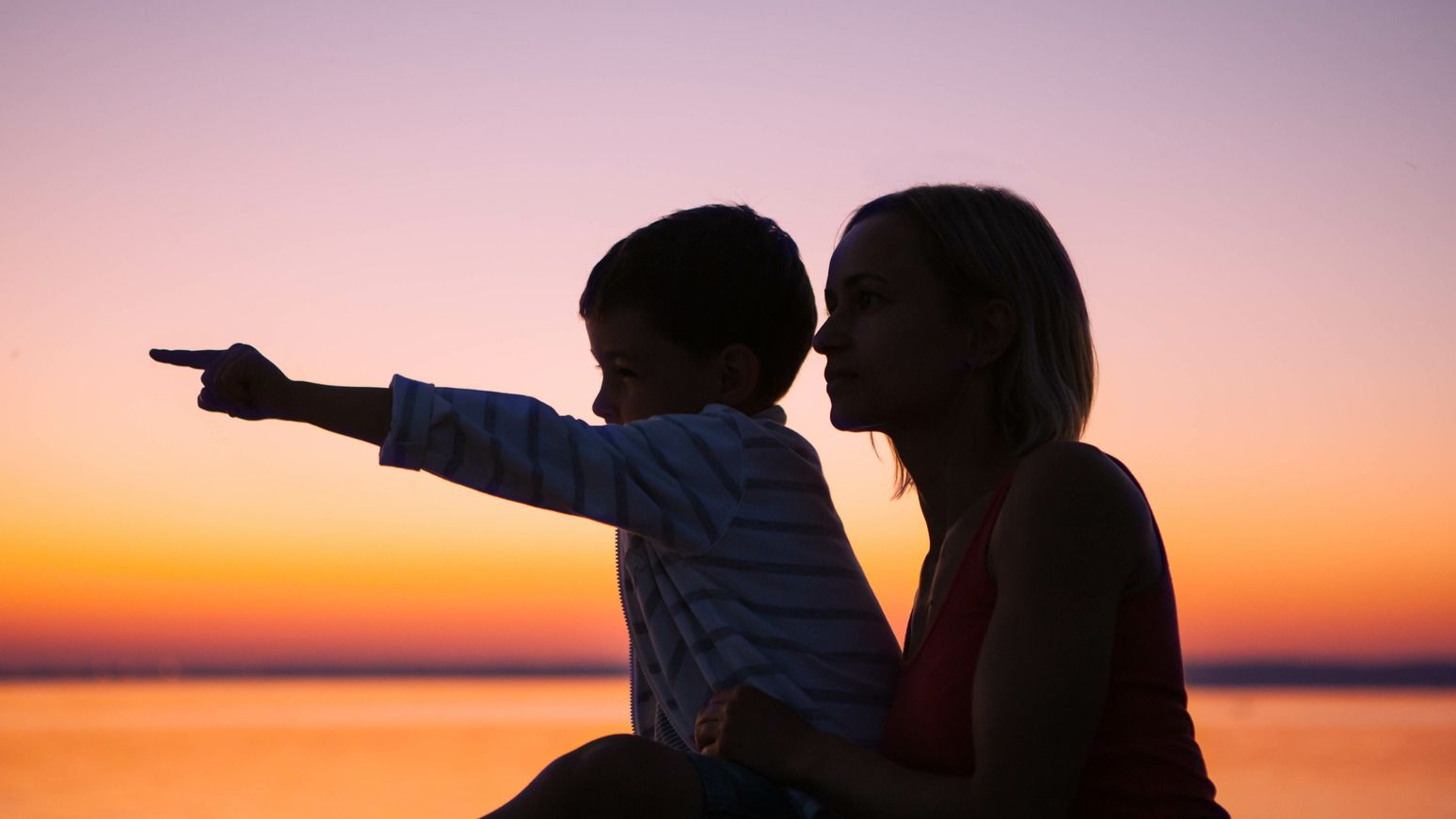
What do Mozart, Benjamin Franklin, Jim Carrey and Steven Spielberg have in common?
Like a lot of famous artists and thinkers, all of them are thought to have (or have had) some degree of attention-deficit/hyperactivity disorder (ADHD).
But they’re also considered Creative Personality Types according to the Myers-Briggs Type Indicator (MTBI), a scoring system that provides general classifications for human behaviors and tendencies.
However, diagnosing a child with ADHD versus assigning them a creative personality are two wildly different things.
Or are they?
Can the same behavioral pattern be considered a personality type in one instance and a neurobehavioral disorder in another?
The Similarities Between ADHD and The Creative Personality
Statistically, it’s easy to see the similarities between the Creative Personality Type and the ADHD patient. About 12% of the population is designated with a Creative Personality Type. Similarly, ADHD is believed to affect 11% of the population.
Many ADHD traits are right in line with those behaviors seen in Creative Personality Types:
In the ADHD patient, these traits are considered abnormal and warrant medical treatment, while for Creative Personality Types, they are accepted as normal.
An interesting exercise is to look at ADHD “negative” traits through a Creative Personality Type lens. Doing so immediately gives these “bad” ADHD behaviors a more positive feel. For example, you can argue that the more a child enjoys solving problems, the more easily they will tend to abandon projects they don’t find challenging. Instead of focusing on abandoning the project, we are focusing on their sharp minds and ability to solve problems. Ditto for mundane tasks. A creative child will be more attentive to ever-evolving tasks versus ones that are boring or repetitive.
Is It ADHD Or Is It Just Childhood?
One problem is that it’s very difficult to tell the difference between a Creative Personality Type and a child who truly suffers from ADHD.
But the biggest problem might be that it’s even harder to tell the difference between ADHD and childhood!
Most of us grew up in a very different culture. When we were in school, kids were expected to be more energetic, unruly, fidgety, noisy, boisterous and emotional than adults. It was normal. It was something adults expected kids to grow out of, not suppress.
But in today’s climate, our notion of mental health or illness – especially where children are concerned – is dramatically different.
We want children to exercise restraint, to be quiet, to sit still, to pay attention to their teachers and not “act up.”
We’re asking kids as young as 5 and 6 years old to act like miniature adults.
And when they don’t, their completely normal behavior is diagnosed as a mental condition or illness. Adding insult to injury, instead of allowing them to be children and grow out of it naturally we try to drug it out of them.
It amounts to a zero-tolerance policy for kids being kids.
Reaching For the RX Might Not Be the Answer
The big question is this: Are a lot of children being misdiagnosed with ADHD when in fact their only “affliction” is that they are highly creative or just a normal, energetic kid?
Research shows that 19% of high school-age males are diagnosed with ADHD and two-thirds of diagnosed children are treated with medication.
But ADHD drugs like Adderall and Ritalin are associated with some pretty nasty side effects like growth suppression and creative and social development impairment.
According to former CDC Director Dr. Thomas R. Frieden, “The right medications for ADHD, given to the right people, can make a huge difference. Unfortunately, misuse appears to be growing at an alarming rate.”
Given the misuse, the risks and the developmental side effects of these drugs, not to mention the personal and social stigma of being diagnosed with a psychological disorder, might there be a better way to work with your creative, ADHD or energetic child than reaching for the pills?
Learning to Work with Your Creative Kid
It’s not easy to “handle” a child that possesses creative traits or symptoms of ADHD.
They can at times seem wild and unfocused.
They frequently tune out.
They take criticism very personally.
It might seem hard to talk to them. Hard to get through to them. Hard to connect.
Connecting with your creative child – with any child – begins with empathy.
Empathy doesn’t mean you know exactly how your child feels; it means you’re willing to try to see things from their point of view.
It means you can’t solve everything for your child, but you can make them feel heard which eases their feelings of frustration and their self-criticism.
You can learn to employ empathy in your relationship with your creative child.
It’s the first thing we teach in our Parenting Coaching classes and the most valuable tool in any parent’s kit.
Learn more about how you can help your child, yourself and even other parents right here.


KEEP READING:



Better Business Bureau Accreditation. Privacy Policy.
The Jai Institute for Parenting. All Rights Reserved.





